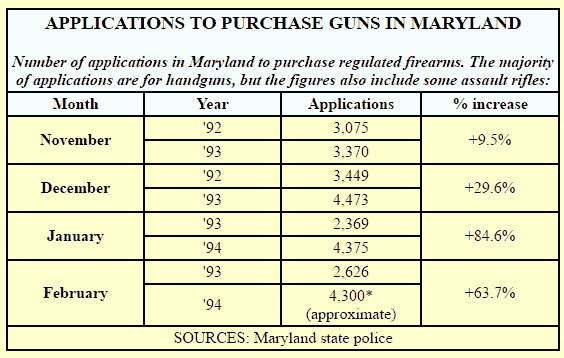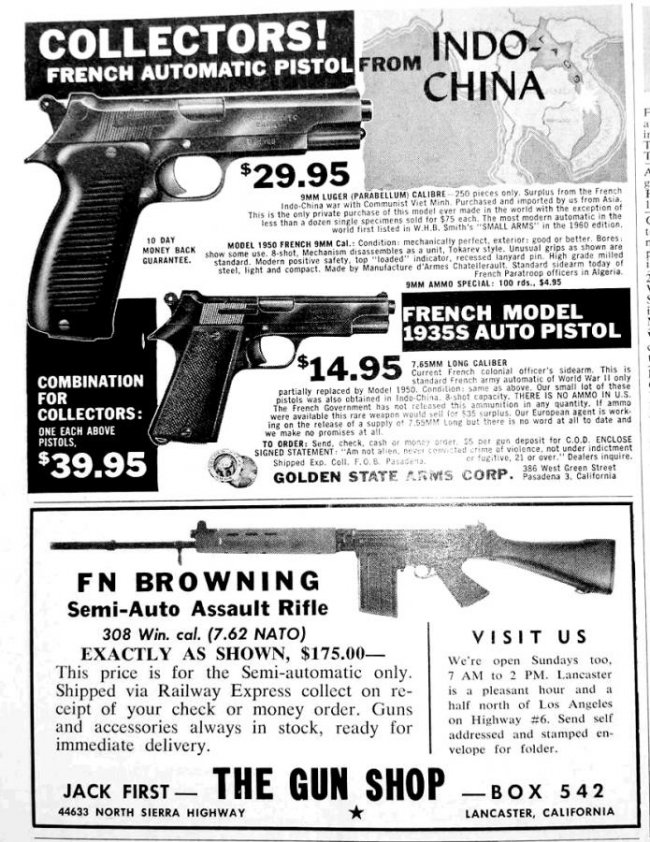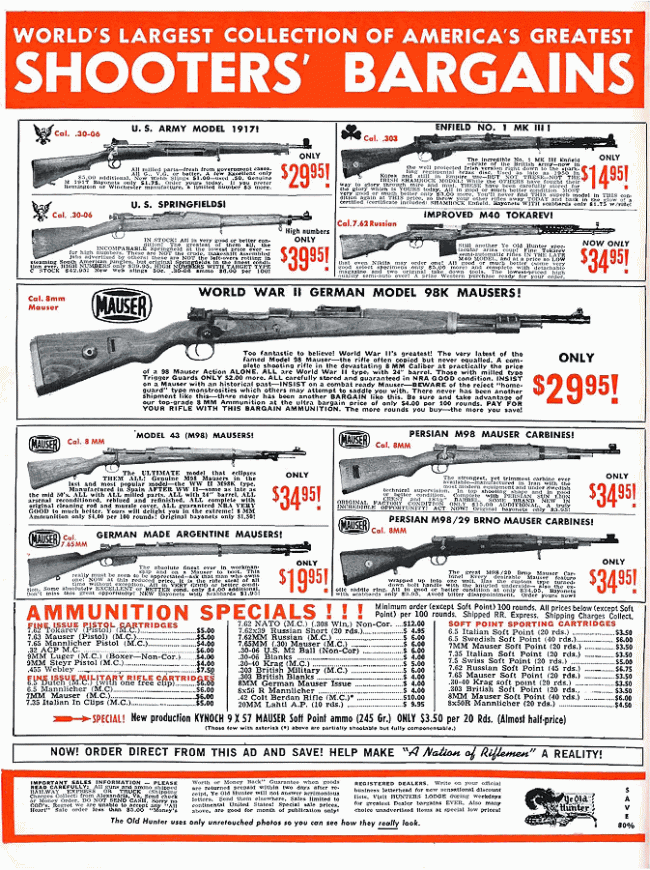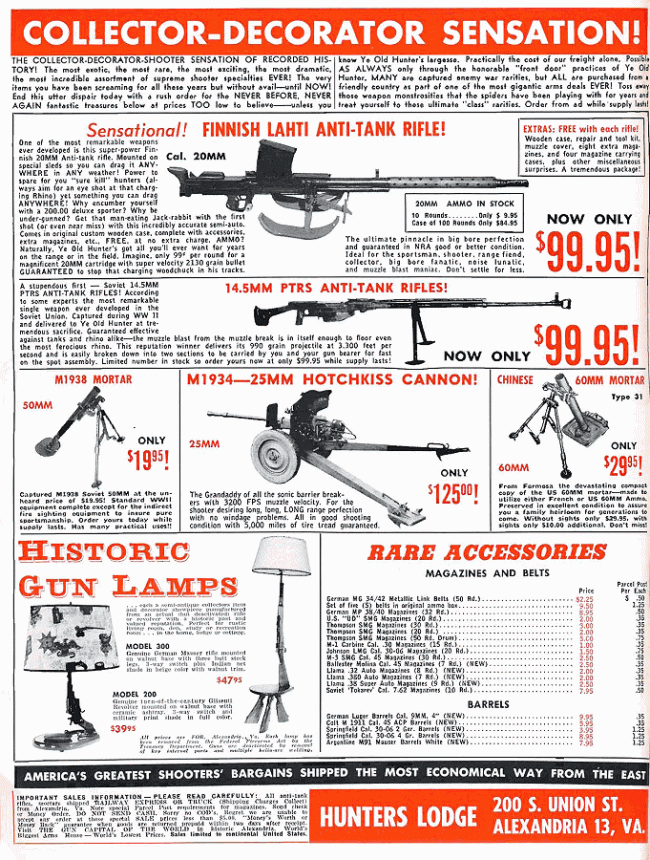Interested, yes.
Actually having enough time to turn all this into a coherent narrative? Not sure.
I've already made a few stabs at making a semi coherent timeline for a debate on another board:
Something like that but a bit more in detail -- like the 1972 entry would now have a lot more of the information I uncovered; like the 1971 rifle murders leading to Mandel calling for handgun permits.
I want to see the rest of this. Even if its dumbed down.
Major md gun control passage, crime stats the next year.








 I want those. All of them. Shipped to my house direct by RPO.
I want those. All of them. Shipped to my house direct by RPO. 


 Possible sticky material given the chronicling of gun control efforts (with their motivation, poor justification of probable efficacy in reducing crimes involving guns, and after effects).
Possible sticky material given the chronicling of gun control efforts (with their motivation, poor justification of probable efficacy in reducing crimes involving guns, and after effects).